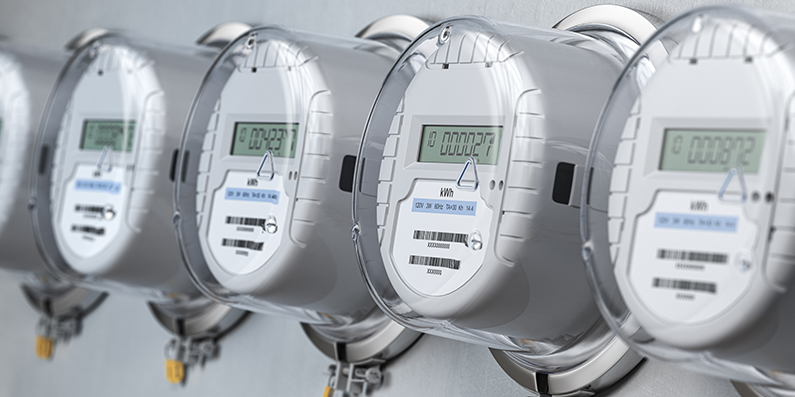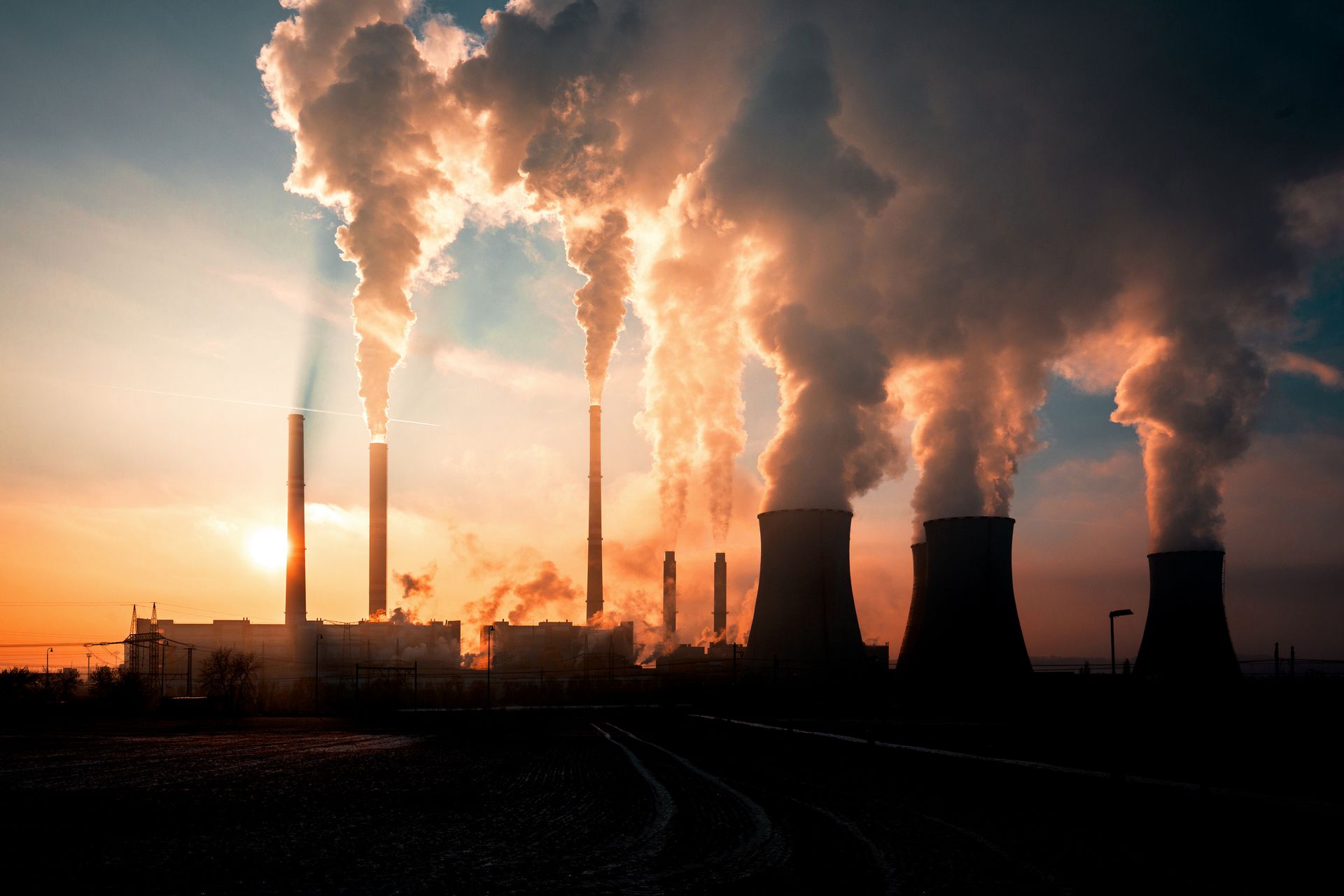Great British Energy
There has been much fanfair, but what is GB Energy really about?

At the 2022 Labour Party Conference, Sir Keir Starmer announced ambitious plans for creating Great British Energy; a company modelled on European state-owned companies such as EDF.
“A new company that takes advantage of the opportunities in clean British power and because it’s right for jobs, because it’s right for growth, because it’s right for energy independence from tyrants like [President Vladimir] Putin,” claimed Starmer.
As the dust settles on the Labour victory at the UK’s July General Election, Adalta Energy takes a closer look at how Labour's vision is taking shape.
What is Great British Energy?
It is a new, publicly-owned and operationally independent clean energy company that will be headquartered in Scotland and backed by £8.3 billion of new money.
Great British Energy is part of this Government’s mission to make the UK a clean-energy superpower and will be delivered through its 5 functions, helping to support the government’s aim to decarbonise the grid by 2030:
- Project investment and ownership – investing in energy projects alongside the private sector, helping get them off the ground
- Project development – leading projects through development stages to speed up their delivery, whilst capturing more value for the British public
- Local Power Plan – supporting local energy generation projects through working with local authorities, combined authorities and communities across the UK
- Supply chains – building supply chains across the UK, boosting energy independence and creating jobs
- Great British Nuclear – exploring how Great British Energy and Great British Nuclear will work together, including considering how Great British Nuclear functions will fit with Great British Energy
In practice, the company will work as an investment vehicle, channelling funding – both public and private – into a series of renewable energy projects across the country. GB Energy will retain a stake in each project and will either return the proceeds to the government or invest them in other renewable energy projects.
Will Great British Energy be a new energy supplier?
It will not – contrary to some popular misunderstanding – replace existing energy suppliers. No consumer will be able to take out a new energy tariff from GB Energy and it will not reduce energy bills overnight, rather, it will be a long-term exercise to improve the UK’s energy security.
How Much will it cost and who will pay for it?
Initially, Labour planned to invest £28bn annually in the green transition, but after much debate, this plan has now been scaled back to a pledge to invest £8.3bn over a 5-year parliament (just £1.66bn per year)
For once, there will not be a new line item on your invoice to fund the cost, with Labour now saying "It will be funded by asking the big oil and gas companies to pay their fair share through a proper windfall tax".
Will this be enough to make a difference?
Only time will tell how successful Great British Energy is. Ed Miliband was quoted as saying “The only way to protect ourselves as a country for the long term is to deliver cleaner, cheap, homegrown energy – boosting our energy independence, creating jobs and tackling the climate crisis”.
One of the key opportunities for Great British Energy to make a real impact is through its planned collaboration with the Crown Estate – the £15.5bn portfolio of land owned by King Charles. The Government plans to make use of these royal assets – both on land and on the seabed – to accelerate offshore wind exploration, essentially renting the land from the Estate. The Estate will also benefit from new borrowing powers – announced in the King’s Speech – which the government hopes will help to increase investment in offshore wind.
Can Great British Energy replicate the success of other state backed energy companies?
Much reference has been made to the success of other state-owned companies, such as EDF in France and Statkraft in Norway, however, the size and scale of plans for Great Britain energy are much smaller at this stage and would be seen a phenomenal success if it ever achieved even a fraction of the value of such companies. As an example of the differences in scale, EDF operates a diverse portfolio of at least 120 GW of generation capacity in Europe, South America, North America, Asia, the Middle East, and Africa and it is forecast to spend £46bn alone on Hinkley C in the UK; over 5 times the planned initial cost of Great British Energy!
Adalta Energy understands this is still an uncertain time for UK business. If you have any questions or require any assistance, please contact enquiries@adaltaenergy.co.uk or call Ed Butler directly on 07989 431184. Alternatively, if you are an existing Adalta Energy client then please speak directly with your dedicated contact.











